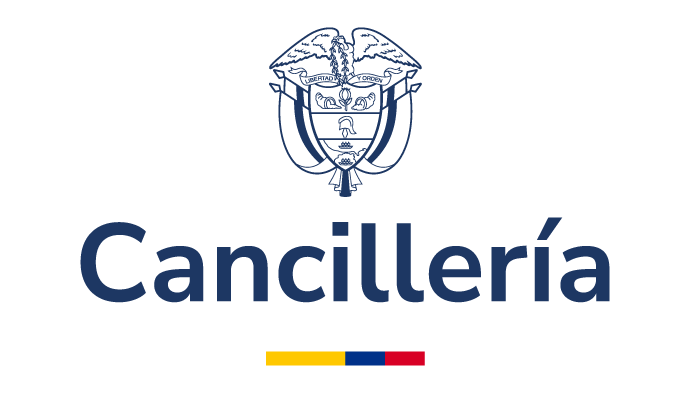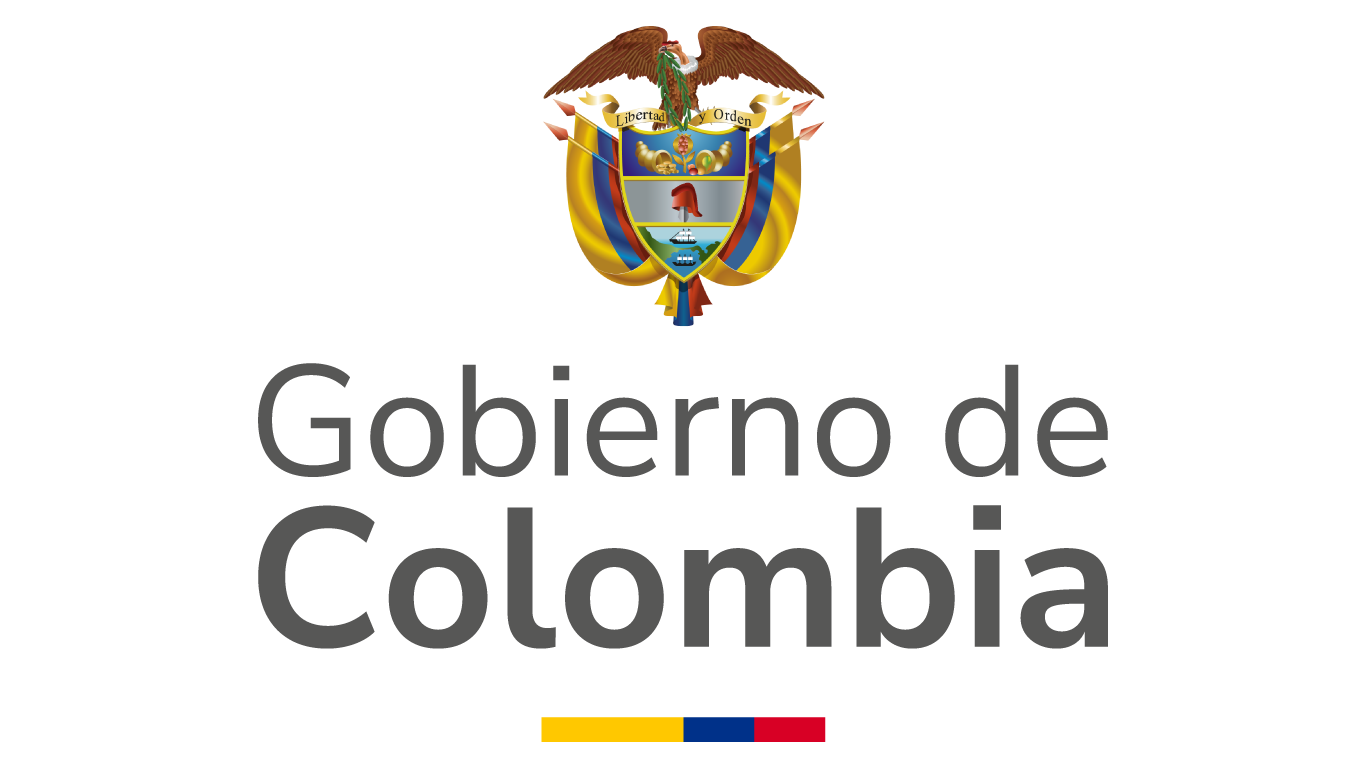The UN and disarmament
Disarmament has always been part of the United Nations activities, as it was established in the UN Charter itself as a mandate bound in with the general principles of cooperation for the maintenance of international peace and security. (Art. 11th, 47th and 26th, UN Chart).
It is revealing, in this sense, that the first resolution ever adopted by the General UN Assembly on March 1946, by which the Atomic Energy Commission was created, focused on the elimination of atomic weapons and all kind of weapons that could adaptable to mass destruction.
Since then, the issue of disarmament has evolved following two parallel and mutually reinforcing paths within the framework of the United Nations: the elimination of weapons of mass destruction (biological, chemical, nuclear) and the establishment of regulations related to conventional weapons, mainly their illicit commerce. To that effect, the UN has made use of mechanisms within the General Assembly, the Security Council, the Disarmament Commission, the Conference on Disarmament, and the United Nation Office for Disarmament Affairs (UNODA).Also, the United Nations Institute for Disarmament, UNIDIR, lends its support in this endeavour. The UN has as well a web platform for disarmament education.
Colombia and disarmament
Colombian foreign policy principles include disarmament and the non-proliferation of weapons of mass destruction, as well as the use of nuclear energy, biological agents and chemical substances for peaceful purposes.
The Political Constitution of Colombia bans the manufacturing, import or use of weapons of mass destruction (nuclear, biological and chemical), as well as the introduction of nuclear and toxic waste in the national territory (Article 81). By adopting the National Action Plan for the implementation of Security Council Resolution 1540, Colombia has put in place measures that enhance its capacity to meet obligations under the International Treaties on disarmament and non-proliferation of weapons of mass destruction.
Colombia is a State- Party to the Treaty of Tlatelolco, whereby the countries from Latin America and the Caribbean constitute the first densely populated nuclear-weapon-free zone. In addition to being a State Party to the main international instruments on matters of nuclear, chemical and biological disarmament and non-proliferation, and to the humanitarian disarmament instruments, Colombia participates on non-binding initiatives, such as The Hague International Code of Conduct against Ballistic Missile Proliferation (HCoC), the Proliferation Security Initiative (PSI) and The Geneva Declaration on Armed Violence and Development.
As a contribution to global peace and security, historically Colombia has advocated for a full and general disarmament, stood for the creation of nuclear-weapon-free zones and supported the initiatives on non-proliferation.
The Ministry of Foreign Affairs of Colombia, through the Office of the Coordinator for Disarmament and Non-proliferation Affairs, sets the guidelines for Colombia’s participation on activities in this field.








